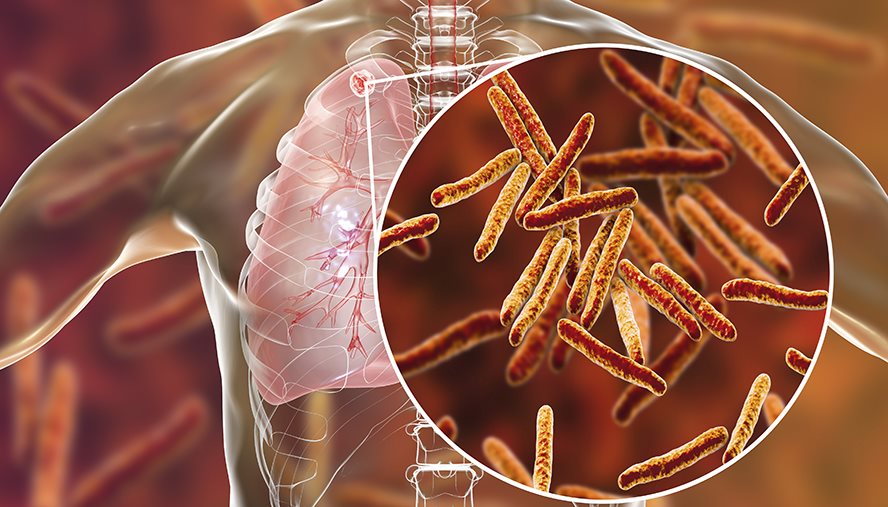Tuberculosis: Risk Factors
This information was reviewed and approved by Dr. Michael Iseman (2/1/2013).
 Clinical Trials
Clinical Trials
For more than 100 years, National Jewish Health has been committed to finding new treatments and cures for diseases. Search our clinical trials.

